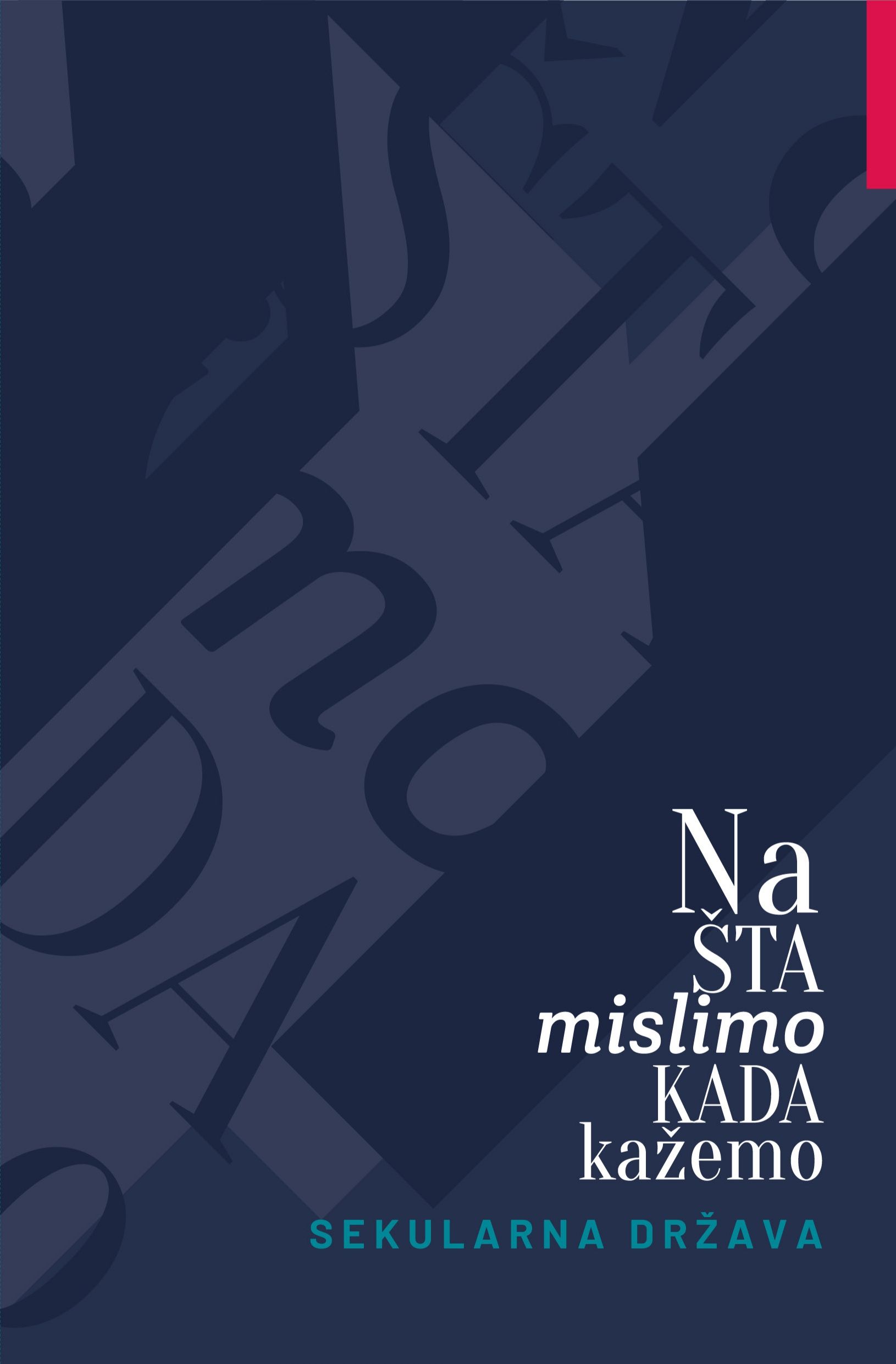
What We Mean when We Say … The Secular State
Author(s)/Editors Marko Božić Publisher Institute for Philosophy and Social Theory, University of Belgrade Institute for Democratic Engagement Southeast Europe, Belgrade Published 2021 ISBN 978-86-80484-69-3 Pages 13 Edition SquareThe starting premise of this text is a connection between a broader postmodern critique of objective scientific knowledge and the populist crisis of democracy. The author defends the idea of the secular state as a value-neutral political entity, based on the authority of objective and universal valid scientific knowledge which does not a priori recognize any religious belief or other personal conviction. As such, a secular state is an instrumental principle or pre-condition for democracy as a forum for establishing a compromise over values, and not in itself a value. The author tests this theoretical concept by looking at it through the contemporary dilemmas of secularism. The text ends with a review of open questions for the present-day secular state and potential responses.
